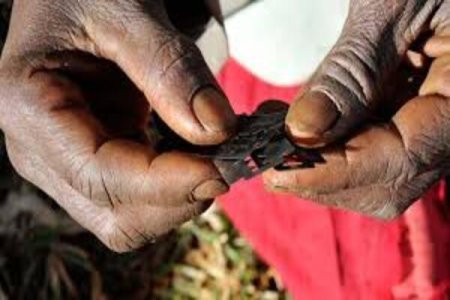
Gambia's National Assembly has voted to progress a bill aimed at overturning the ban on female genital cutting (FGC), potentially positioning the nation as the first globally to reverse such legislation.
This move, spearheaded by lawmaker Almameh Gibba, has ignited a firestorm of controversy, drawing stark lines between proponents of tradition and defenders of women's rights.
Within the chambers of the National Assembly, impassioned debates unfolded as predominantly male lawmakers cited religious rights and cultural heritage in support of the bill. However, outside the halls of power, survivors of FGC, alongside vocal activists like Jaha Dukureh, recounted deeply personal stories of trauma and suffering, vehemently opposing any rollback of women's rights and bodily autonomy.
The emotional intensity of the proceedings extended beyond the parliamentary walls, with demonstrators rallying outside, holding signs advocating for love over knives and challenging traditional justifications for FGC.
As the bill progresses, Gambia finds itself at a crossroads, navigating complex intersections of religion, culture, and human rights on a global stage. With months of national dialogue and potential amendments ahead, the fate of the FGC ban hangs in the balance, signaling a critical juncture in Gambia's socio-cultural landscape and the broader fight for gender equality worldwide.




![[VIDEO] Heart-Wrenching Scene: Elderly Man Breaks Down in Tears Over Skyrocketing Fuel Prices in Nigeria](/data/attachments/203/203552-d9d429f8fbfa8a8c2ed1532232aa2c58.jpg)